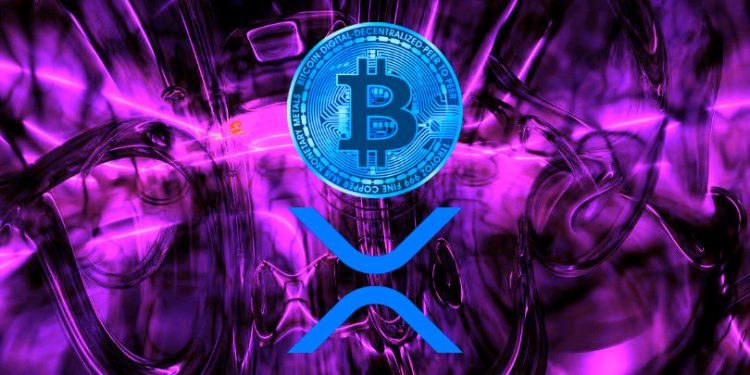David Schwartz, Ripple CTO and one of the original architects of the XRP Ledger, says the evolution of Bitcoin, XRP and other distributed ledgers will always be painstakingly slow.
In a new episode of the web series Ripple Drop, Schwartz charts the gradual improvement of the XRP Ledger, which started with a small number of nodes in 2011 and is now powering billions of dollars in global payment transactions.
Despite drastic changes to the XRP Ledger in just less than a decade, Schwartz points out that it will take a while for blockchain systems to evolve because of their decentralized nature.
“With so many payment providers and financial networks that are depending on the XRP Ledger, you have to realize that you’re talking about billions of dollars in a system that doesn’t have an administrator.
There’s nobody that you can go to if it messes up and so reliability is the number one property, and it means that these systems are very slow to develop and evolve…
In the early days before I was working on the XRP Ledger, and I was looking at Bitcoin, and we sort of had this idea that if there was any new feature, Bitcoin would just adopt it. We now know that that’s hopelessly naive because any change to a system like this imposes costs on everybody who uses the system.”
Unlike the traditional software model, Schwartz says no one can be left behind when there are new network updates. Ultimately, everyone who relies on the blockchain system must adapt with every change.
“With any other piece of software, a company will release a new version of the software. Say Oracle releases a new version, and they’ll say to people who have mission-critical deployments, ‘Don’t upgrade to the new version. Just use the current version. Give us a little bit of time to test that.’
You can’t really do that on a public blockchain. If the rules change, people have to run software with the new rules. Do you want to ask why these systems don’t move more quickly, why they don’t add features on a regular basis? That’s why.”
Despite the methodical pace of progress, decentralized ledgers are unlikely to remain static. Ripple is currently proposing a number of additional features for the XRP Ledger including the ability to delete accounts.





